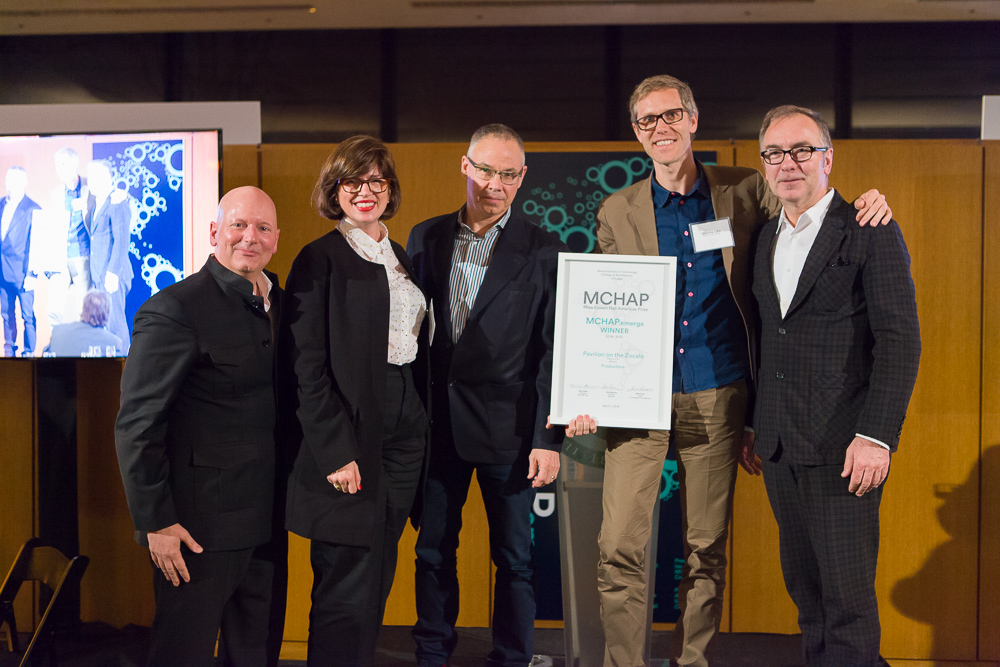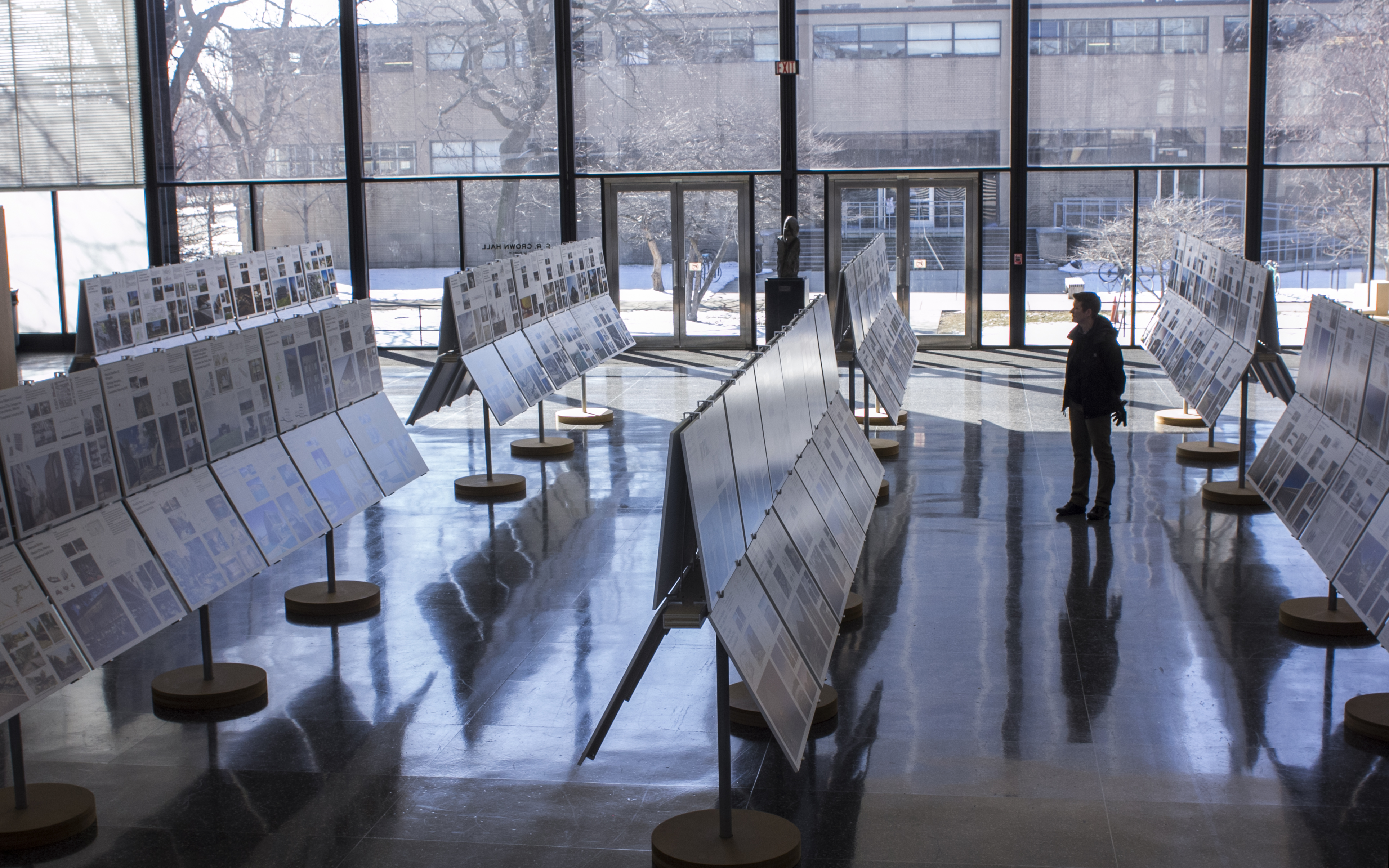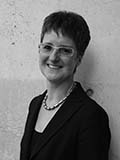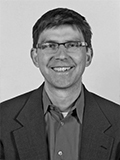2018 ACSA Fall Conference: Request for Proposals
Deadline: March 8, 2017
The ACSA invites proposals from member schools to host the 2018 ACSA Fall Conference. This ACSA Fall Conference will be thematic in focus and feature scholarly presentations, based on peer-reviewed abstracts, and a digital proceedings that will be available in ACSA’s permanent online archive.
The Fall Conference is an opportunity for the host school to bring educators from across North America and beyond to their campus. The thematic focus can highlight a school’s strengths and demonstrate educational excellence to upper administration. Other goals for the new format include strengthening social opportunities for participants with common scholarly interests and bringing concentrated visibility to the work being done in the topic area.
Attendance at the Fall Conference is anticipated to be 100-200 people, with host schools using campus facilities or other appropriate venues (including a local hotel or conference center) for conference sessions. Joint proposals from neighboring schools and partnerships with other groups (such as those formed around the thematic area) are welcome.
Final proposals will be reviewed and selected through the ACSA Board of Directors, Research & Scholarship Committee.
Proposals should be 3 pages or less, excluding supporting documents, and should include:
1) A title and paragraph-length description of the conference that clearly identifies the theme.
- Further explanation for the theme is encouraged. However, a separate brief description of the conference is required.
2) Proposed dates for the conference.
- The Fall Conference should occur in late September or October, typically a Thursday–Saturday.
3) The name of the conference chair or co-chairs, as well as any other relevant organizers.
- Identify one or more faculty members to act as chair and whose area of expertise relates to the proposed theme. The chair(s) will be responsible for the academic portion of the conference and will work with ACSA staff on logistical details, communication with partners, and other planning and promotion duties.
4) A description of other potential conference features: partnerships, sponsors, keynote speakers, tours, etc. that would enhance the conference.
5) Clear expression of interest by school.
- Show evidence of support from the school’s dean, provost, or other appropriate university representatives through letters and/or supporting documents.
6) A description of other resources available for the conference.
- This includes potential venues for conference sessions, keynote lectures, and receptions; potential tour sites; or other local connections to enhance the conference.
- Fall Conferences are normally funded by income from registration fees and sponsorship. This income pays for expenses related to meeting space, audio-visual equipment, invited speaker travel and honoraria, and food and beverage.
- ACSA will provide the following support: international promotion of the conference, from the call for papers through the proceedings publication; an online system (including staff support) for submission, review, and upload of scholarly material; publishing services for conference programs and proceedings; and other planning services, such as negotiation and coordination of meeting facilities.
- In-kind support from the school is requested for invited speaker costs, a/v equipment, meeting space, student volunteers, etc. Schools providing in-kind support will be recognized for their contribution in promotional materials, and participation of students and faculty in the conference will be invited.
ACSA Fall Conferences from the last few years:
2016 ACSA Fall Conference | Building for Health & Well-Being
Location: Honolulu, HI
Host School: University of Hawaii at Manoa
Co-chairs: Sara Jensen Carr, University of Hawaii at Manoa; Billie Faircloth, KieranTimberlake & Howard Frumkin, University of Washington2015 ACSA Fall Conference | Between the Autonomous & Contingent Object
Location: Syracuse, NY
Host Schools: Syracuse University
Co-chairs: Roger Hubeli & Julie Larsen, Syracuse University2014 Fall Conference | WORKING OUT: thinking while building
Location: Halifax, NS
Host School: Dalhousie University
Co-chairs: Ted Cavanagh, Dalhousie University; Ursula Hartig, Technical University of Berlin & Sergio Palleroni, Portland State University2013 ACSA Fall Conference: SUBTROPICAL CITIES
Location: Fort Lauderdale, FL
Host School: Florida Atlantic University
Co-chairs: Anthony Abbate, Florida Atlantic University; Francis Lyn, Florida Atlantic University; Rosemary Kennedy, Queensland University of Technology2012 ACSA Fall Conference: OFFSITE / Modular Building Institute
Location: Philadelphia, PA
Host Schools: Temple University
Co-chairs: Ryan E. Smith, University of Utah; John Quale, University of Virginia; & Rashida Ng, Temple University2011 ACSA Fall Conference: Local Identities / Global Challenges
Location: Houston, TX
Host Schools: Prairie View A&M University and Texas A&M University
Co-chairs: Ikhlas Sabouni, Prairie View A&M University & Jorge Vanegas, Texas A&M University
Schools interested in hosting are encouraged to contact the ACSA to discuss potential arrangements prior to making a proposal.
SUBMISSION AND INFORMATION
Please submit your proposal, by March 8, 2017, and questions to:
Eric Wayne Ellis
Director of Operations and Programs
email: eellis@acsa-arch.org
phone: 202.785.2324

 Study Architecture
Study Architecture  ProPEL
ProPEL 












